If you are really desperate to patch back to the previous behaviour you could use something like this:
unit Unit1;
interface
uses
Winapi.Windows, Winapi.Messages, System.SysUtils, System.Variants, System.Classes, Vcl.Graphics,
Vcl.Controls, Vcl.Forms, Vcl.Dialogs, Vcl.StdCtrls;
type
TForm1 = class(TForm)
Button1: TButton;
procedure Button1Click(Sender: TObject);
end;
var
Form1: TForm1;
implementation
{$R *.dfm}
procedure PatchCode(Address: Pointer; const NewCode; Size: Integer);
var
OldProtect: DWORD;
begin
if VirtualProtect(Address, Size, PAGE_EXECUTE_READWRITE, OldProtect) then
begin
Move(NewCode, Address^, Size);
FlushInstructionCache(GetCurrentProcess, Address, Size);
VirtualProtect(Address, Size, OldProtect, @OldProtect);
end;
end;
type
PInstruction = ^TInstruction;
TInstruction = packed record
Opcode: Byte;
Offset: Integer;
end;
procedure RedirectProcedure(OldAddress, NewAddress: Pointer);
var
NewCode: TInstruction;
begin
NewCode.Opcode := $E9;//jump relative
NewCode.Offset := NativeInt(NewAddress)-NativeInt(OldAddress)-SizeOf(NewCode);
PatchCode(OldAddress, NewCode, SizeOf(NewCode));
end;
function DateTimeToTimeStamp(DateTime: TDateTime): TTimeStamp;
const
FMSecsPerDay: Single = MSecsPerDay;
IMSecsPerDay: Integer = MSecsPerDay;
var
LTemp, LTemp2: Int64;
begin
LTemp := Round(DateTime * FMSecsPerDay);
LTemp2 := (LTemp div IMSecsPerDay);
Result.Date := DateDelta + LTemp2;
Result.Time := Abs(LTemp) mod IMSecsPerDay;
end;
procedure TForm1.Button1Click(Sender: TObject);
begin
ShowMessage(FormatDateTime('dd/mm/yyyy', -693594));
end;
initialization
RedirectProcedure(@System.SysUtils.DateTimeToTimeStamp, @DateTimeToTimeStamp);
end.
This will work for 32 bit code. It will also work for 64 bit code provided that both the old and new functions reside in the same executable module. Otherwise the jump distance may exceed the range of a 32 bit integer. It will also not work if your RTL resides in a runtime package. Both of these limitations can be readily remedied.
What this code does is re-route all calls to SysUtils.DateTimeToTimeStamp to the version implemented in this unit. The code in this unit is just the PUREPASCAL version from the XE2 source.
The only other approach that meets the needs outlined in your comments is to modify and re-compile the SysUtils unit itself, but I personally avoid that sort of solution.

